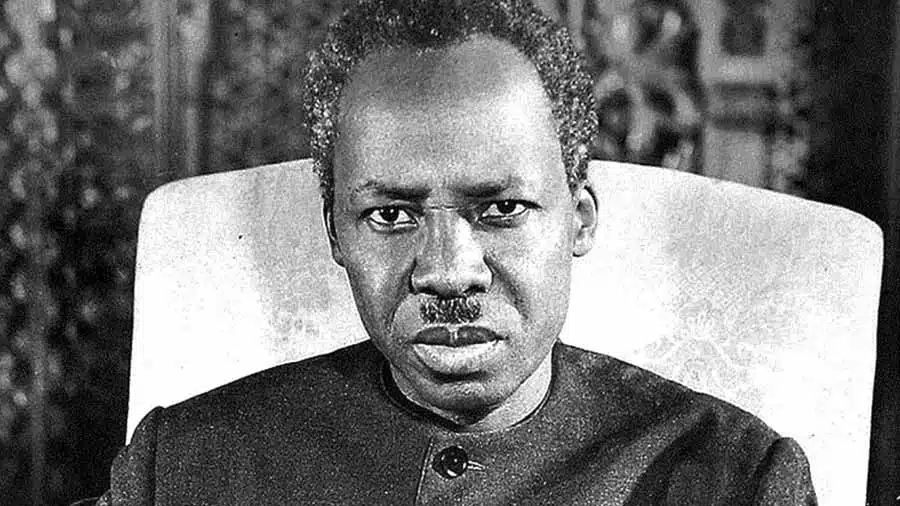Across the continent today, Africans are celebrating the life and legacy of Mwalimu Julius Kambarage Nyerere — a visionary leader whose ideals of integrity, unity, and people-centred development continue to inspire generations long after his passing.
In Tanzania, the day carries deep emotion. Streets, schools, and institutions bear his name, a testament to his immense contribution as the nation’s founding father and a champion of African solidarity. Known affectionately as “Mwalimu,” meaning “teacher,” Nyerere devoted his life to educating, uniting, and empowering his people — both intellectually and socially.
He firmly believed that Africa’s strength lay in its people, not in foreign aid or external validation. His idea of Ujamaa, or African socialism, placed community and cooperation at the heart of national progress. Nyerere’s landmark Arusha Declaration in 1967 cemented those values into policy, urging citizens to embrace self-reliance, equality, and shared prosperity.
Even decades later, his words resonate in boardrooms, classrooms, and policy circles across Africa. Nyerere’s insistence on education as a tool of liberation led to mass literacy programs and a new national ethos that valued learning as the foundation of freedom. His leadership, marked by humility and moral conviction, remains a rare example of power exercised for service rather than self-gain.
Also Read; All Remaining Hostages Freed in Gaza Deal
Modern African leaders often cite his principles as a moral compass in times of political uncertainty. His dream of a united continent — strong, dignified, and self-sufficient — continues to influence institutions that champion African unity and development. His belief that no African nation can thrive in isolation has become even more relevant in today’s interconnected global landscape.
As people across Tanzania and beyond commemorate his life, discussions about his relevance today continue to grow louder. For young Africans, Nyerere represents the embodiment of ethical leadership — a reminder that progress is not just about infrastructure or technology, but about values, justice, and shared identity.
More than two decades after his passing, Nyerere’s dream of a just and united Africa endures. His lessons on equality, education, and social harmony remind the continent that real independence means standing together — and believing in the strength of its own people.
Today, as Africa reflects on his enduring impact, one truth remains clear: Mwalimu’s vision of unity and self-reliance is not a memory of the past, but a blueprint for the future.







